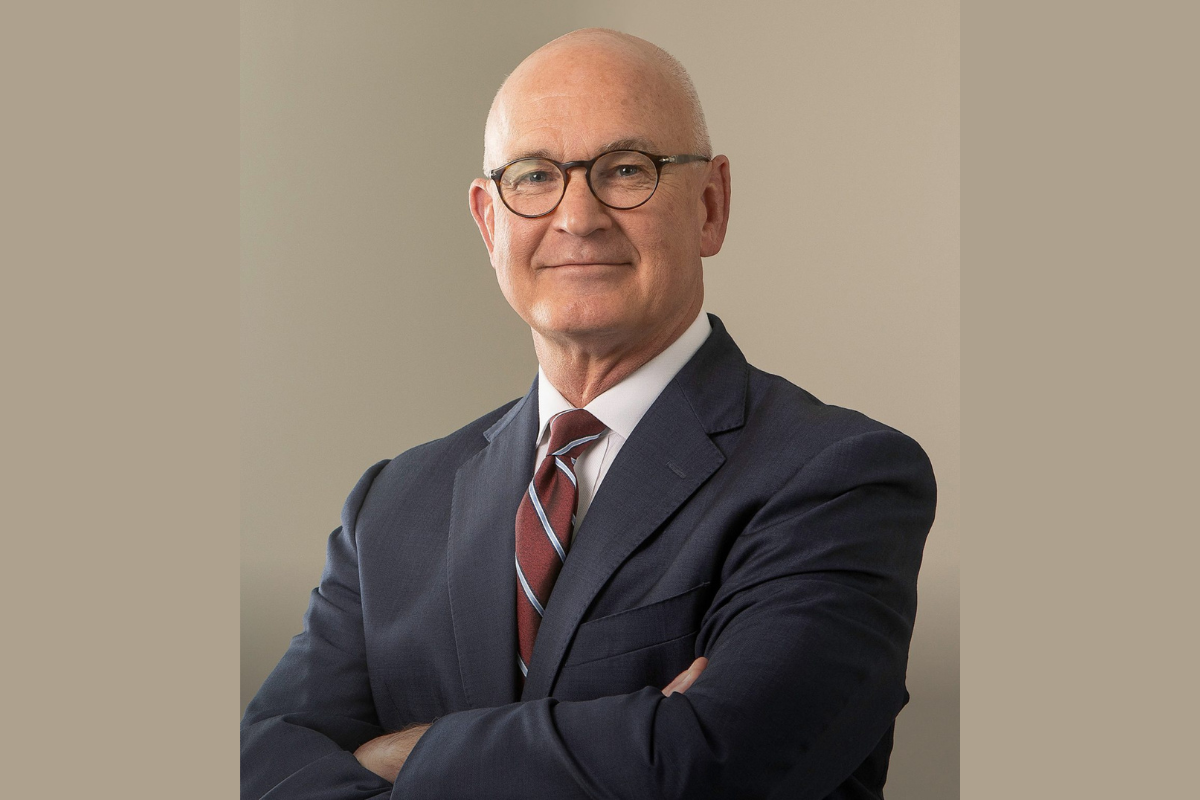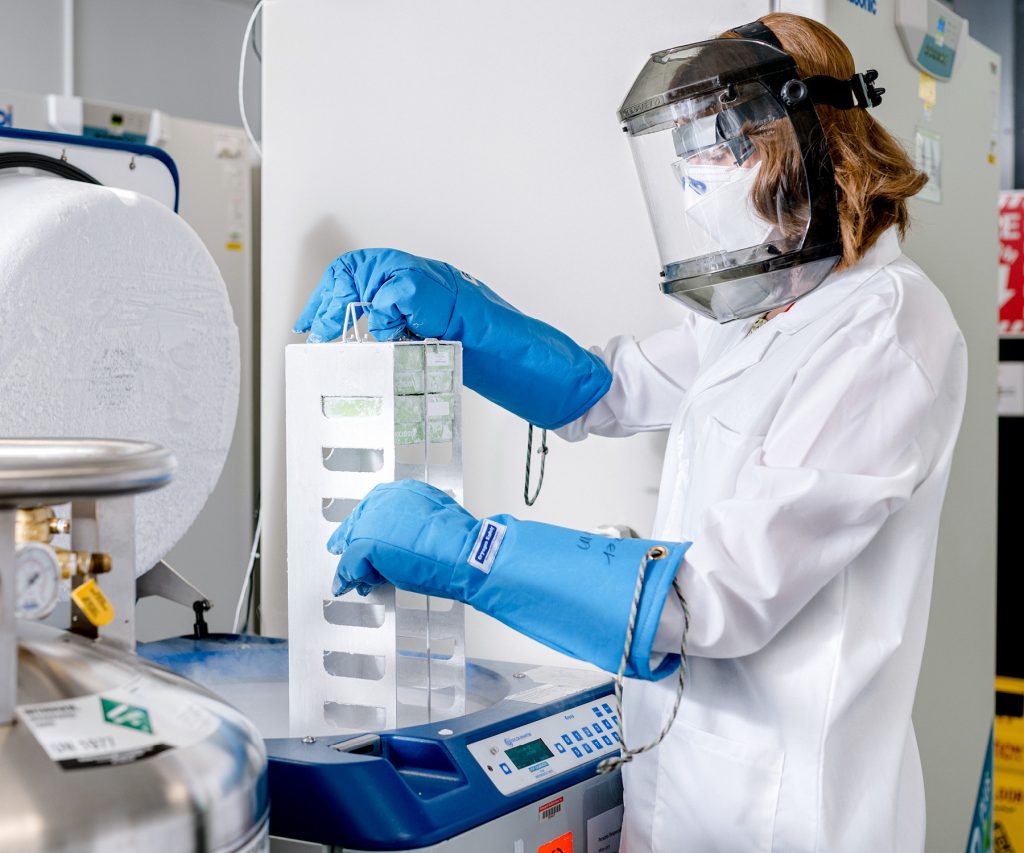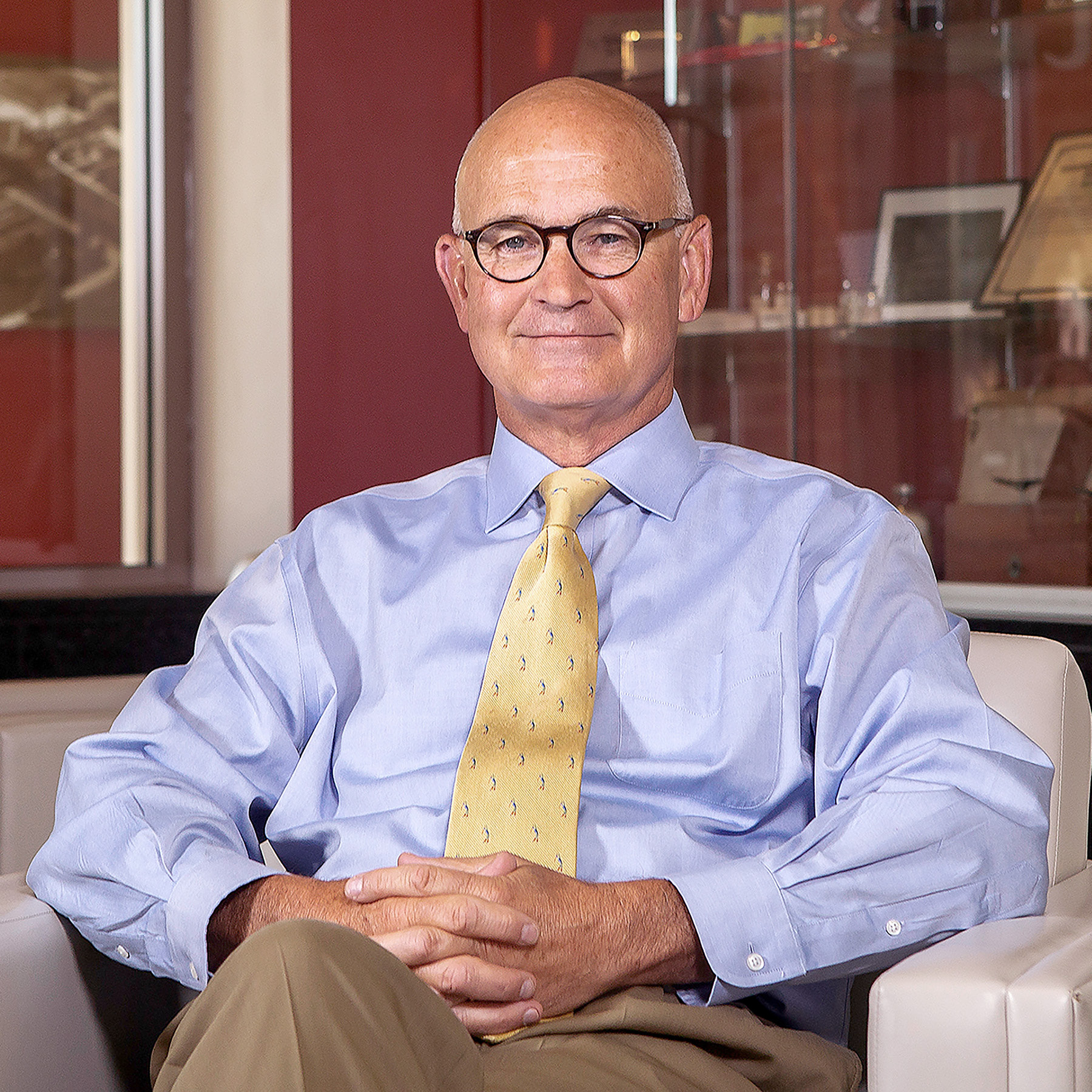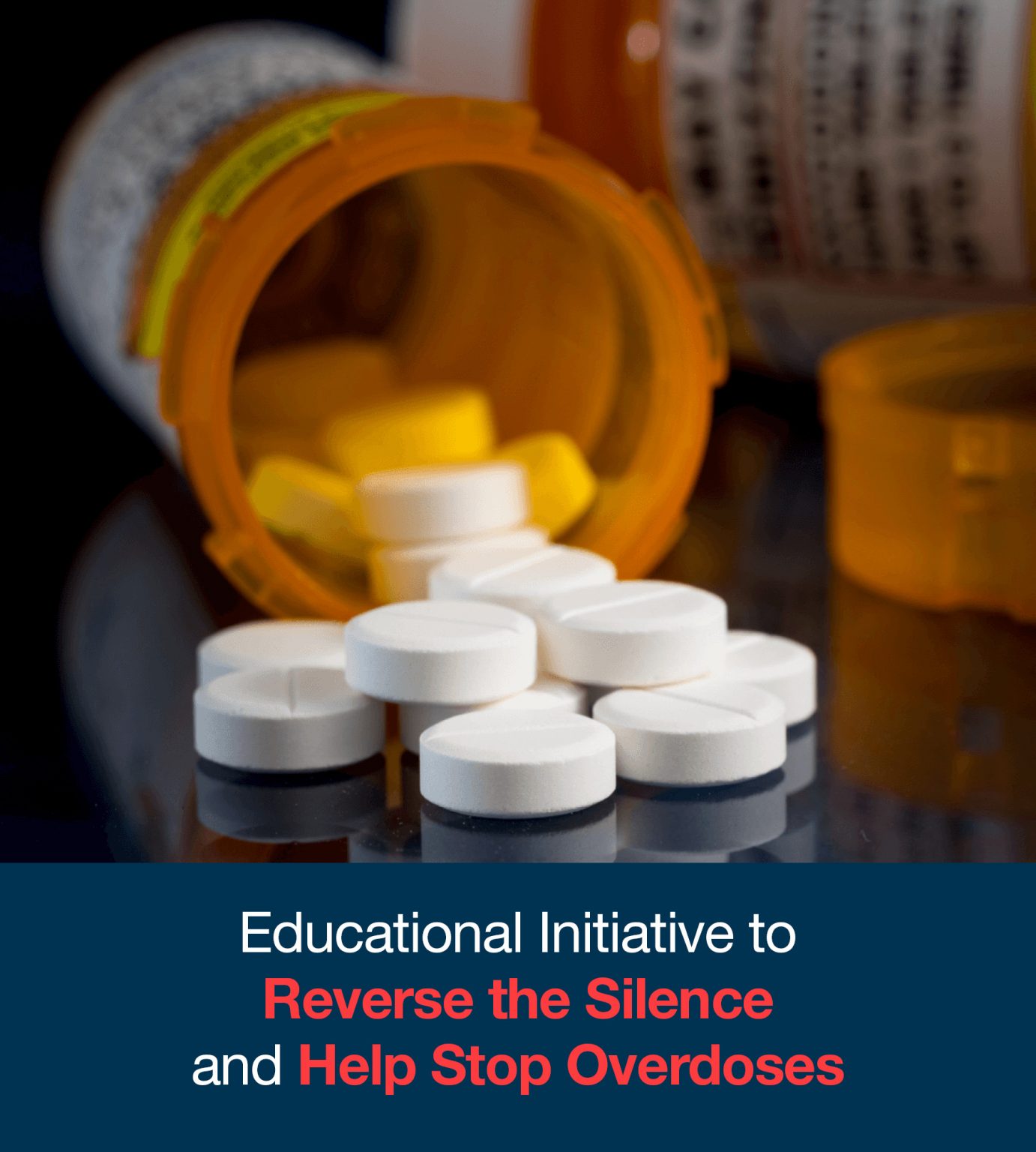Over 20 years have passed, but the date 27 December 2001 is still burned in the mind of Emergent BioSolutions’ President and CEO Robert Kramer. “It’s the day that we received written word from the FDA that our renovated facility was approved and ready for commercial operations,” he says.

The late Christmas present came three years after the Maryland-headquartered biotech had purchased the license for a government-approved anthrax vaccine called BioThrax from the State of Michigan in 1998 – an acquisition that also heralded the inception of the company.
As Kramer tells The CEO Magazine, those three years had been a nervy test of patience as the Emergent team oversaw the completion of renovation work on the Lansing, Michigan facility and waited for the green light from the United States Food and Drug Administration (FDA).

Our focus has been on niche segments within the very broad public health threat market, where we could find products and now services that establish leadership positions.
“There was significant risk along the way that we would never be able to meet the stringent requirements of the FDA and resume production,” he explains.
Then, in 2001, letters laced with anthrax turned up in the country’s postal network, demonstrating the urgent need for rapid, increased vaccine production.
If the approval had never been received, as Kramer reflects, there would be no conversation today. Instead, Emergent has emerged as a wall of defense against global health threats, starting with anthrax.
“Our mission all along has been to protect and enhance life,” he says.
Tipping point
Looking back on that late December day in 2001, Kramer says that everything grew out of that significant milestone. The company went public in 2006, but the real “tipping point” – as Kramer describes it – came six years later.
“That’s when we made the conscious decision to only look for future growth opportunities in the public health threat market, where we could establish a footprint and make a meaningful difference,” he explains.
That decision to transition from a single product company at a single site to a company with a portfolio of products set in motion a number of acquisitions, including Sanofi’s smallpox business and the 100 percent acquisition of Canadian biotech Cangene Corporation.
“Today we have over 10 vaccines, therapeutics and drug-device combinations, serving many patients around the globe,” he says.
The growth has been deliberate and very strategic, with the company biding its time for the right opportunities in very targeted areas of the market.

I help my leadership team in terms of driving engagement, giving them opportunities to lead and grow as individuals, and giving them every opportunity to be the best person they can at Emergent.
“Our focus has been on niche segments within the very broad public health threat market, where we could find products and now services that establish leadership positions,” he says.“So, revenue-generating products and services where we establish and build leadership positions and make a difference on behalf of patients and customers.”
And he is always on the lookout for further opportunities and areas where the business can expand its reach. “We clearly have a long history of working in areas like chemical and biological threats,” he says.
“Four years ago we invested in the travel health space with an acquisition of typhoid and cholera vaccines and a month later we jumped into the opioid epidemic crisis with our acquisition of Narcan Nasal Spray from Adapt Pharma and are making a meaningful impact to millions of people who are at risk of an opioid overdose.”
Leadership Rules
Kramer describes himself as a big follower of Jim Collins, the author of books such as Good to Great: Why Some Companies Make the Leap and Others Don’t, and says there are two key principles that have stuck with him as a leader.
“One is the importance of making sure you have the right people on your team who have the best interests of the company and the team first and foremost. Because when you get into very challenging times, and we’ve had our share of those, it makes it a lot easier to work through them when you have the right people pulling the rope with you,” he says.
“Collins also uses the flywheel principle and I often visualize a huge flywheel with lots of handles on it. If you only have one person with their hand on it, it takes a lot of sustained effort to build momentum, but the more hands you get on that flywheel, the more momentum you get – and it’s much easier to sustain over prolonged, particularly challenging, periods of time.”
Making an impact
Kramer, who first joined Emergent in 1999 and worked until his retirement in 2010 before returning to the company in 2011, has held a variety of leadership roles in the lead-up to his appointment as President in 2018 and as CEO in 2019.
He says he’s been “hooked” from the beginning on Emergent’s mission. “We wake up every day and have a real opportunity to make an impact,” he says.
Emergent’s pool of talent is further motivation for Kramer after nearly a quarter of a century with the business. “Every day, I have the opportunity to work with really talented people and watch them mature and develop as executives and as leaders,” he says.
“I help my leadership team in terms of driving engagement, giving them opportunities to lead and grow as individuals, and giving them every opportunity to be the best person they can at Emergent.”

Like all companies across the globe, Kramer and his team have had to navigate the challenges of the COVID-19 crisis (and, having played an important role in vaccine production, they weren’t able to transition to a fully remote working operating model) but he stresses the extent to which the pandemic has also reinforced the importance of preparedness and response.
“It’s been a stark reminder that you need to be investing in preparing years and years in advance, because when it happens, you need to be able to implement and execute from day one, not 30, 60 or 90 days out,” he says.
For the rest of us, there’s a peace of mind that comes from knowing businesses like Emergent are out there – busy at work, as its tagline says, “defending people from things we hope will never happen – so that we’re prepared, just in case they ever do”.
Sponsored by: Reverse the Silence
We aim to break down the stigma associated with opioid overdose and help the public better understand it.
Read More



